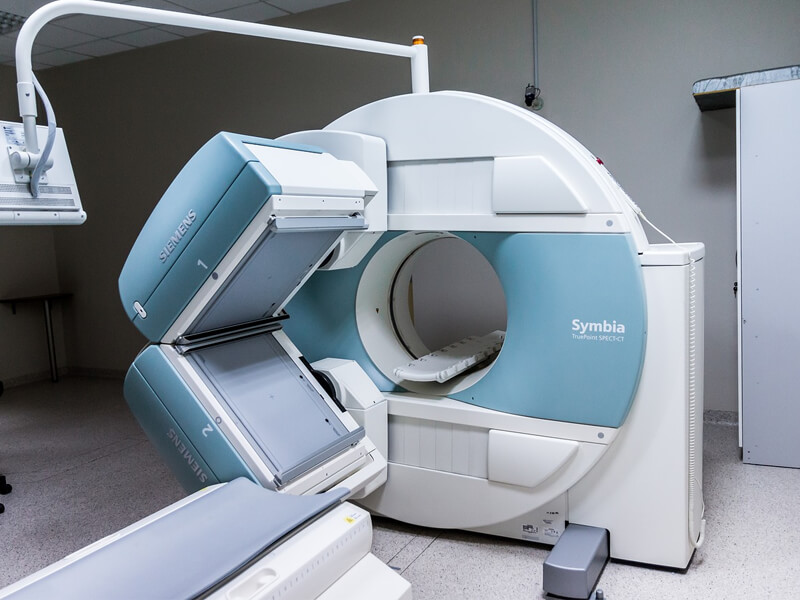
UN-DOCTOR'S WORLD
We are here to Save the World
Our Mission Statement
To provide medical aid and healthcare services to populations affected by conflict, disasters, and epidemics, ensuring that vulnerable groups receive necessary support.
Health Equity
Promote and protect the health of people worldwide, emphasizing the importance of health as a fundamental human right and striving to overcome inequities in health access.
Disease Prevention and Response
To detect, prevent, and respond to health emergencies, including outbreaks of infectious diseases and public health crises, through effective intervention strategies and collaboration.
Capacity Building
To strengthen local health systems and build capacity among healthcare workers through training, resources, and partnerships
About Us
Post-World War II: The foundations for international health initiatives were laid after World War II, particularly with the establishment of the World Health Organization (WHO) in 1948. The WHO aimed to improve global health standards and respond to health crises. The term "UN Doctors" has evolved as the UN has responded to global health challenges, reflecting the organization's commitment to providing healthcare in some of the world's most challenging environments. Their work is essential in alleviating suffering and promoting health equity on a global scale.
-
Development of UN Health Programs
1960s-1980s: The UN began to play an increasingly active role in health issues during this period. Various specialized agencies addressed health concerns in developing regions, leading to the deployment of medical personnel to assist during crises.
-
Peacekeeping and Humanitarian Missions
1990s Onwards: With the rise of complex emergencies and conflicts, the UN expanded its peacekeeping operations to include health services. Medical personnel, became critical components of humanitarian missions to provide care in war-torn regions.
-
Emergency Medical Response
Medical teams respond to immediate health needs during emergencies, such as natural disasters, armed conflicts, and pandemics.
Doctors
Departments
Research Labs
Awards
Medical Services
UN Doctors, We are part of the World Health Organization (WHO) or deployed in peacekeeping missions by the United Nations, provide a variety of essential medical services. Here’s an overview of our key roles and services:
Emergency Medical Care
First Aid and Emergency Treatment: Providing immediate care for injuries and medical emergencies, especially in conflict zones or disaster-affected areas.
Preventive Health Services
Vaccination Campaigns: Implementing vaccination programs to prevent outbreaks of diseases such as measles, cholera, or polio. Health Education: Educating communities about hygiene, nutrition, and disease prevention.
Primary Health Care
Health Assessments: Conducting medical evaluations and health screenings in affected populations. Chronic Disease Management: Providing care for chronic conditions, including diabetes and hypertension.
Mental Health Services
Psychological Support: Offering counseling and mental health support to individuals affected by conflict or trauma.
Coordination and Training
Collaboration with Local Health Systems: Working alongside local health authorities to strengthen health services and infrastructure. Training Local Health Workers: Providing training and resources to local healthcare providers.
Research and Data Collection
Health Surveys: Conducting research to assess health needs, disease prevalence, and health service coverage in various populations.
Book for Appointment
You can book for your Appointment here
Departments
The Departments of UN Doctors are many but these are few Departments
Cardiology
A UN cardiologist doctor plays a vital role in addressing cardiovascular health issues on a global scale, particularly in areas affected by conflict or economic instability.
Clinical Care: Providing direct care and treatment to patients suffering from heart-related conditions in various settings, often in regions with limited access to healthcare.
Public Health Initiatives: Developing and implementing programs aimed at promoting heart health, preventing cardiovascular diseases, and managing existing conditions, especially in vulnerable populations.
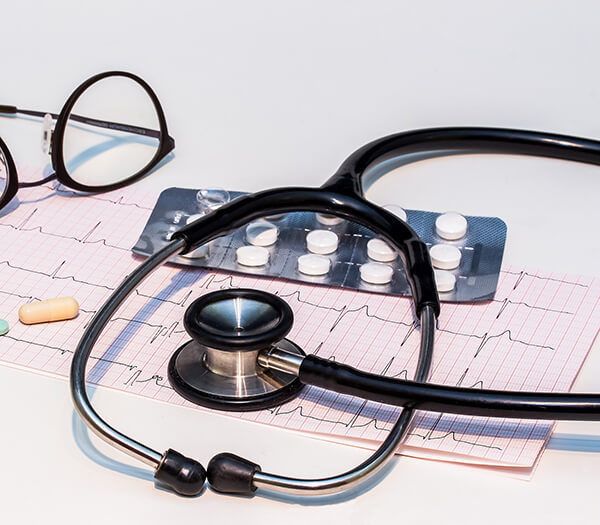
Neurology
A UN neurologist plays a crucial role in addressing neurological health issues, particularly in regions facing humanitarian crises or significant healthcare challenges.
Clinical Care: Providing diagnosis and treatment for patients with neurological disorders, such as epilepsy, stroke, multiple sclerosis, and traumatic brain injuries, often in resource-limited settings.
Public Health Programs: Developing and implementing strategies to prevent and manage neurological diseases, targeting at-risk populations and addressing issues like maternal health and developmental disorders in children.
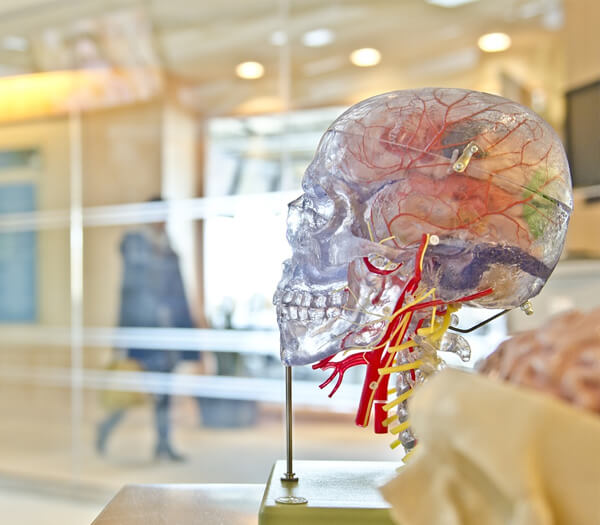
Hepatology
A UN neurologist plays a crucial role in addressing neurological health issues, particularly in regions facing humanitarian crises or significant healthcare challenges.
Clinical Care: Providing diagnosis and treatment for patients with neurological disorders, such as epilepsy, stroke, multiple sclerosis, and traumatic brain injuries, often in resource-limited settings.
Public Health Programs: Developing and implementing strategies to prevent and manage neurological diseases, targeting at-risk populations and addressing issues like maternal health and developmental disorders in children.
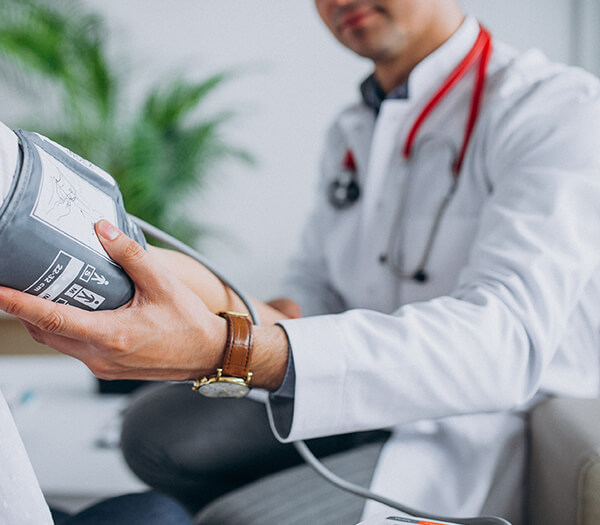
Pediatrics
A UN pediatrician plays an essential role in improving the health and well-being of children, particularly in areas affected by conflict, poverty, or limited healthcare access.
Clinical Care: Providing diagnostic and therapeutic care for infants, children, and adolescents suffering from various health issues, including infectious diseases, malnutrition, and chronic conditions.
Immunization Programs: Leading initiatives to ensure that children receive necessary vaccinations to prevent common childhood diseases, working to increase immunization coverage in underserved populations.
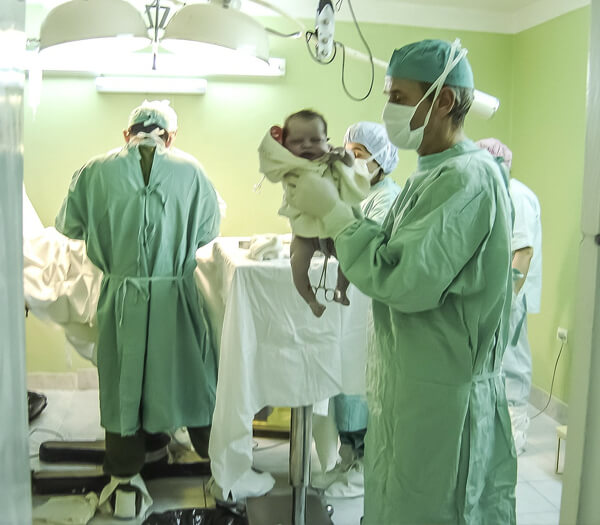
ophthalmology
A UN ophthalmologist plays a vital role in addressing eye health issues, particularly in regions where access to healthcare is limited and where vision impairment can significantly impact communities.
Clinical Care: Diagnosing and treating a range of eye conditions, including cataracts, glaucoma, diabetic retinopathy, and other vision impairments, providing essential eye care services in resource-poor settings.
Surgical Interventions: Performing surgeries to correct or treat eye disorders, such as cataract surgeries or procedures for other ocular conditions, often in makeshift hospitals or during outreach missions.
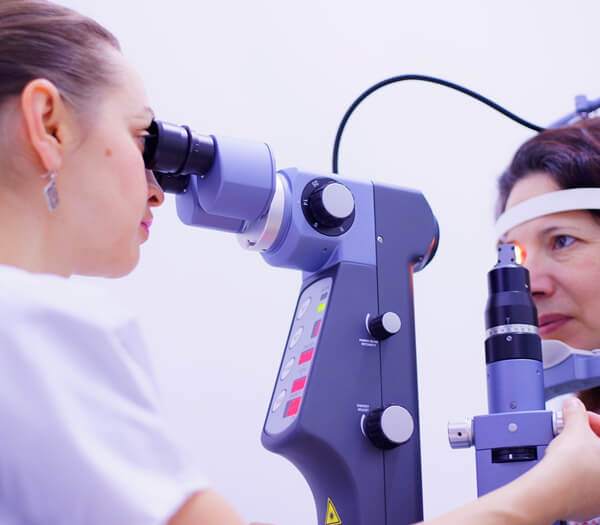
Our Doctors
These are few of our specialist doctors in the field

Walter White
NeurologistExprience and Serving in Ukraine

Sarah Jhonson
AnesthesiologistExperienced and Serving in Israel
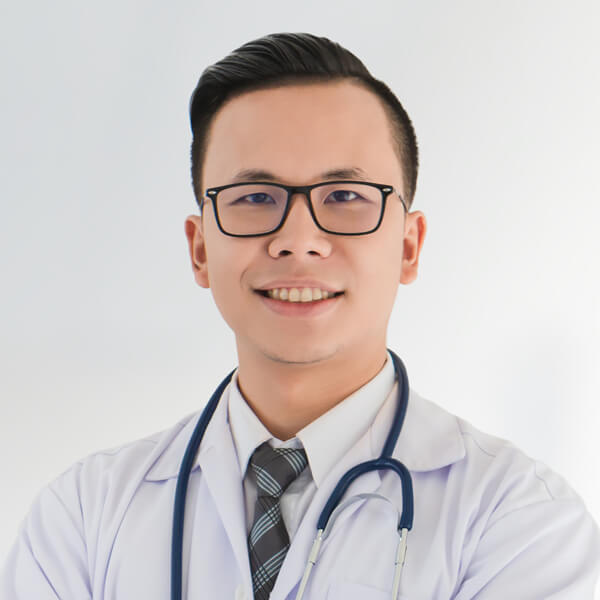
William Anderson
CardiologistExperienced and Serving in Russia

Amanda Jepson
NeurosurgeonExperienced and Serving in Israel
Things You Should Know About UN Doctors
United Nations (UN) doctors, provide medical care and health services in various contexts related to international peacekeeping, humanitarian efforts, and public health initiatives.
Roles and Responsibilities:
Peacekeeping Missions: UN doctors often work in post-conflict or emergency settings, providing medical care to military personnel, civilians, and refugees.
Humanitarian Aid: They contribute to medical support for refugees during humanitarian crises, including epidemics and natural disasters.
Qualifications:
Medical Credentials: Typically, they are licensed medical professionals with backgrounds in medicine, public health, or emergency care.
Specialized Training: Many have additional training in tropical medicine, trauma care, or disaster response due to the unique challenges they face in the field.
Work Environment:
Field Locations: They frequently work in challenging environments, including conflict zones, remote areas, or during natural disasters.
Collaboration: UN doctors work alongside international teams, including other UN agencies, NGOs, and local health workers.
Challenges:
Security Risks: Working in conflict zones can expose them to danger, requiring security training and protocols.
Emotional Toll: The nature of their work may involve witnessing trauma and suffering, which can lead to burnout and mental health challenges.
Impact:
Health Improvements: Their work has been crucial in improving health outcomes in war-torn or disaster-affected regions.
Research and Policy: UN doctors also contribute to health research and policy development, emphasizing global health issues and effective interventions.
Contributions to Global-Health:
Research and Innovation: UN doctors often engage in research related to health trends in complex emergencies, contributing to the body of knowledge on best practices for health interventions in crisis situations.
Global Health Initiatives: Their work supports broader UN initiatives, such as the Sustainable Development Goals (SDGs), particularly those related to health, such as Goal 3: “Ensure healthy lives and promote well-being for all at all ages.”
Testimonials
In times of crisis when the world often feels overwhelming, UN doctors stand as beacons of hope and compassion. Their unwavering commitment to providing healthcare in some of the most challenging environments exemplifies the highest ideals of medical professionalism.
Gallery
These are some of our recent pictures of our labs and Medical Professionals at work.
Contact
Below are our contact informations
Location
94 Rue de Montbrillant, 1202 Geneva, Switzerland
Call Us
+1 563 313 2787
Email Us
contactus@undr-active.com












